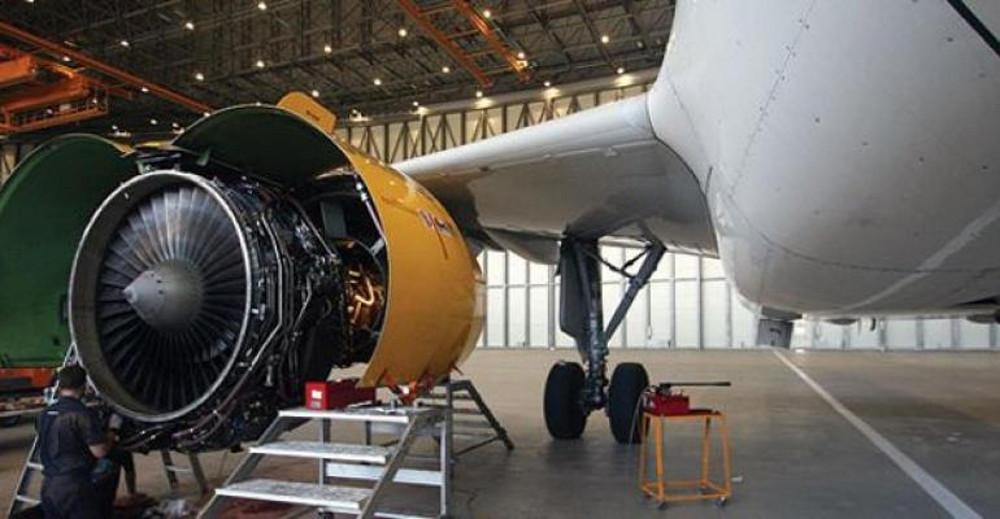
The benefits of technical data are typically discussed in relation to airlines, MRO providers and OEMs, and range from refining maintenance programs to feeding into the design of better products.
However, lessors are another group with much to gain from data analysis, be it to better understand how their assets are being used and maintained, or to further refine their lifecycle management.
As the owners of the equipment, lessors are usually entitled to all the operating data that aircraft and engines generate, as well as their maintenance records.
In practice, though, airlines are entitled to “quiet enjoyment” of the asset, meaning most would be unwilling to collate and send data on a frequent basis through a lease.
Instead, lessors will collect all the information they need at the end of the lease and then update their own internal records.
Sometimes this doesn’t go to plan, with lessors encountering incomplete or badly organized records. In other cases, although the records are well presented, considerable time and effort is needed to reconcile their format or presentation with that used by a lessor’s in-house system.
A blockchain-type solution has been touted as a remedy to both of the above issues by allowing all parties that interact with an aircraft or engine to record those actions on a common--distributed--ledger.
However, blockchain solutions throw up specific challenges as well, such as the revocation of access rights to a distributed ledger, as doing so in a dynamic way is still regarded as a thorny problem in computer science.
To find out more about data ownership and sharing with regards to lessors, see the next issue of Inside MRO.





